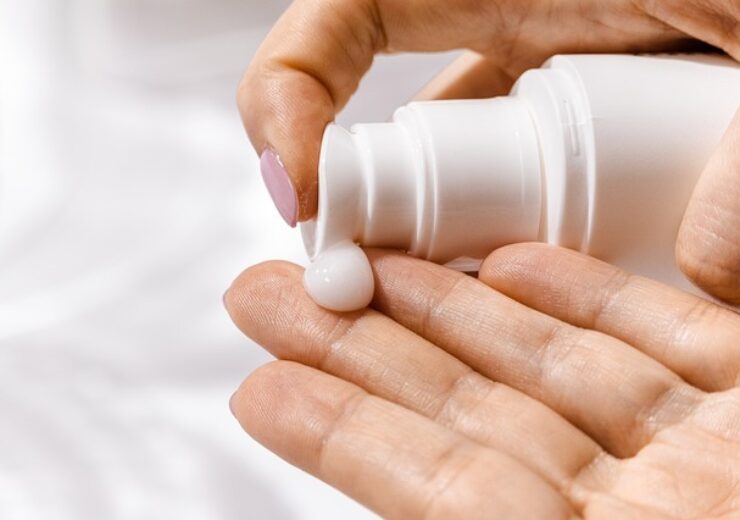The containers are produced using SABIC’s TRUCIRCLE range of certified sustainable polymers and have already been rolled out in North America and the UK

The new refillable cosmetic containers are developed for use with STELLA Alter-Care Serum and Restore Cream. (Credit: AdoreBeautyNZ from Pixabay)
Chemical firm SABIC has partnered with Stella McCartney Beauty and French plastic converters Texen, Leygatech, and STTP Emballage to develop a new range of skin and eye care refill containers.
The containers are produced using SABIC’s TRUCIRCLE range of certified sustainable polymers and have already been rolled out in North America and the UK.
SABIC said that the new refillable cosmetic containers are developed for use with STELLA Alter-Care Serum and Restore Cream.
The new offering consists of three SABIC polyolefin resins that include up to 90% of combined mass-balanced certified renewable feedstock content. It also complements the vegan branding of the cosmetics maker, said the chemical company.
During the development, cosmetics packaging firm Texen used the impact-resistant SABIC HDPE polyethylene (PE) material to mould the head of the containers.
Leygatech, a producer of barrier and multi-layer films, provided a film made of SABIC linear low-density polyethylene (LLDPE) for the container bodies.
The containers are further processed and finished by STTP Emballage, a provider of film lamination and flexographic printing services, by printing the film.
The packaging is completed by flip-top closures that were injection moulded by Texen using SABIC PP polymer.
Additionally, the material value of the PP and PE polymers from the containers can be recovered via polyolefin recycling, once the containers are near the end of their usable lifetime.
SABIC ETP and market solutions general manager Abdullah Al-Otaibi said: “This innovation marks a significant step forward in transforming the packaging of cosmetics and skin care products to fully sustainable material alternatives.
“Moreover, it also demonstrates that our certified renewable polymers can facilitate the change-over by providing efficient drop-in solutions with no compromise in processability, purity, quality or convenience.”
The chemical firm said that the certified renewable polymer materials are extracted from second-generation renewable feedstock.
Last December, SABIC, Oman’s OQ, and Kuwait Petroleum International (KPI) signed a project development deal for a jointly owned petrochemical complex in the Special Economic Zone at Duqm (SEZAD) in Oman.
